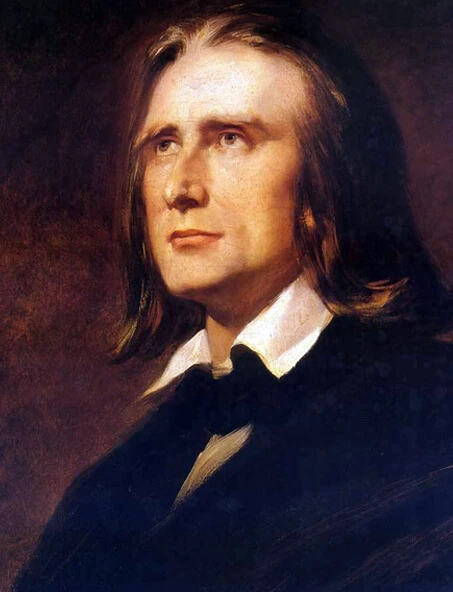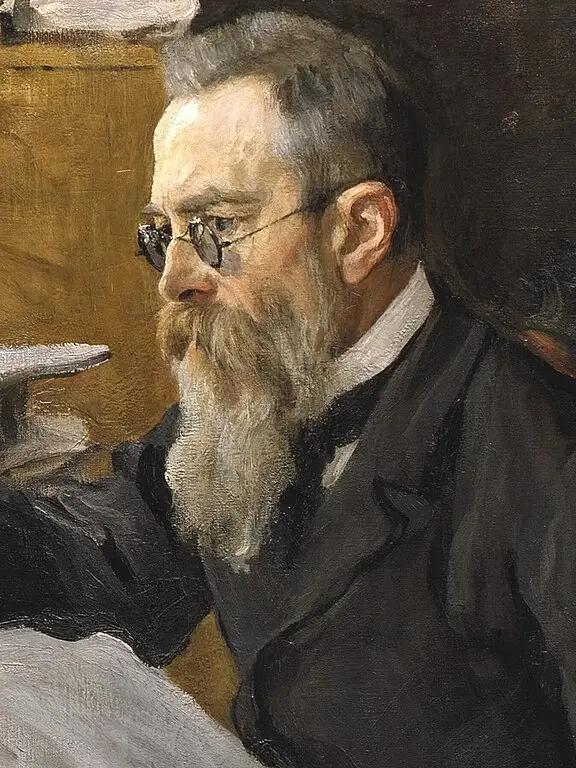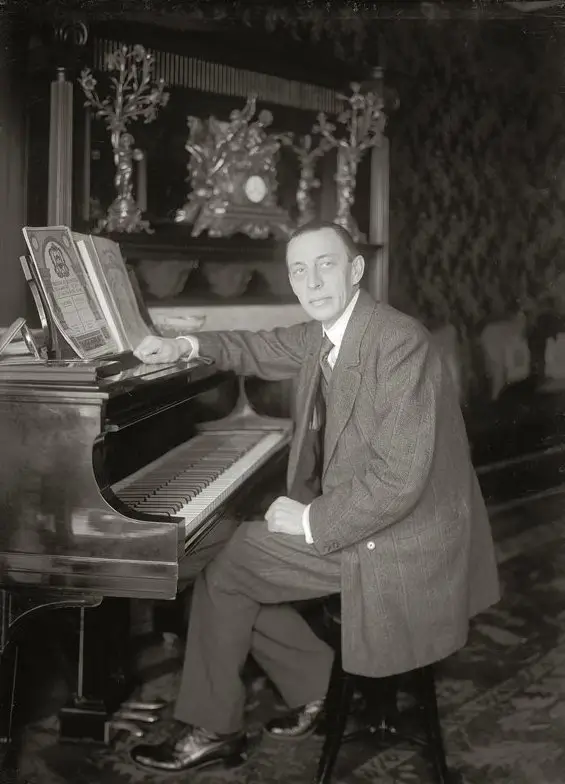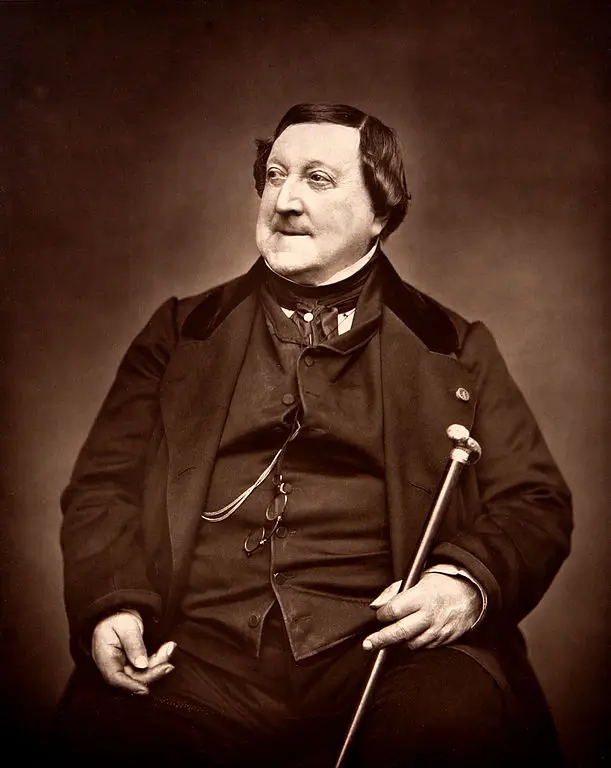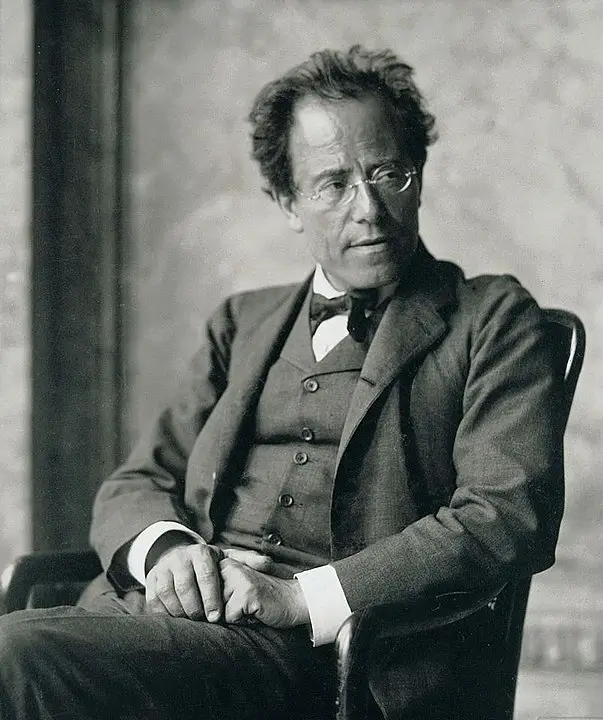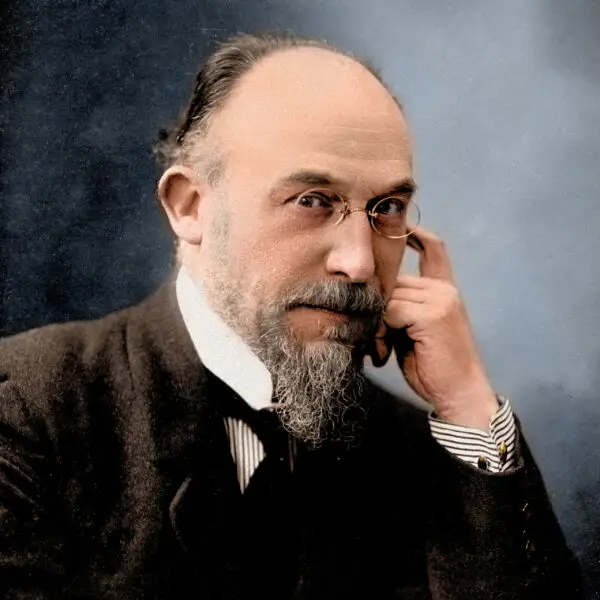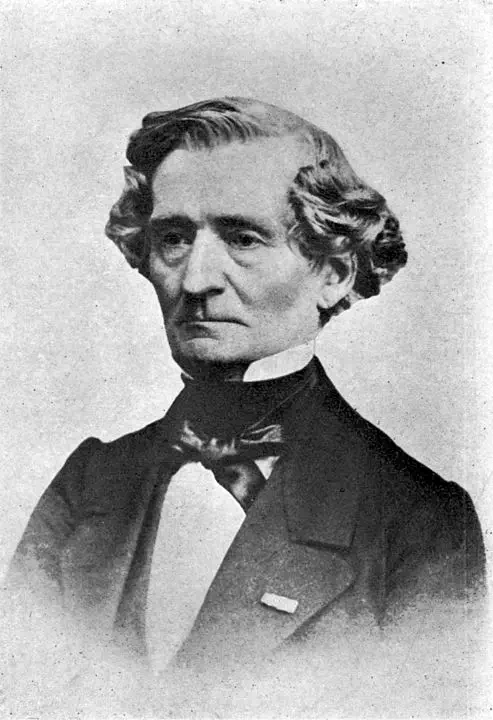Introduction
Franz Liszt, born on October 22, 1811, in the Kingdom of Hungary, which is now part of Austria, was a towering figure in the 19th-century Romantic movement in European classical music. Known for his incredible technique and revolutionary compositions, Liszt’s influence extended beyond the piano, the instrument at which he excelled, to orchestral music and musical thought. His life, marked by a series of innovations and a constant quest for artistic evolution, mirrored the tumultuous and dynamic nature of the era he helped shape.
Early Life
Liszt was born to Adam Liszt and Anna Lager in the village of Raiding in Hungary. His father, who worked as a steward in the service of the Esterházy family, was himself an amateur musician and played a pivotal role in Liszt’s early musical education. Recognizing his son’s prodigious talent, Adam Liszt took the young Franz to Vienna to study music. Here, Liszt took lessons from Carl Czerny, a former student of Beethoven, and Antonio Salieri, the famous Italian composer and conductor.
Musical Training and Development
In Vienna, Liszt was exposed to a rich array of musical experiences. He absorbed the city’s vibrant musical scene, attending operas and concerts which would play a crucial role in his development as a composer and performer. His public debut in Vienna at a young age was a resounding success, earning him widespread acclaim. The family then moved to Paris, a hub for the most advanced musical and artistic ideas of the time. In Paris, Liszt was introduced to figures such as Hector Berlioz and Niccolò Paganini, whose innovations in orchestration and technique respectively had a profound influence on his musical style.
Major Works and Compositions
Liszt’s output was prolific and diverse, including piano works, symphonic poems, and liturgical music. His “B-minor Sonata,” one of the pinnacles of piano literature, is renowned for its structural innovation and depth of expression. Meanwhile, his symphonic poems such as “Les Préludes” and “Mazeppa” helped establish a new genre where music sought to depict poetic ideas. Liszt also contributed significantly to the development of the “transcendental étude,” a form that combines technical wizardry with poetic expression.
Connections to Other Composers
Liszt’s relationships with other composers were marked by both friendship and artistic exchange. He was a generous supporter of contemporaries like Wagner, whose operas he championed when they were still controversial. He also maintained a correspondence with Chopin and Berlioz, among others. These relationships were not merely social; they deeply influenced Liszt’s compositions and his ideas about music, leading to a rich cross-pollination of styles and techniques.
Character and Philosophy
Liszt was not only a musician but also a thinker. His essays and letters reveal a deep reflection on the nature and purpose of music. Influenced by the literary Romanticism of his time, he believed music was a tool to express the ineffable, a means to transcend the mundane through the sublime. His concept of “musical poetry” suggests that music, much like poetry, could evoke images and stir emotions without the need for words.
Life in Weimar
For much of his life, Liszt was based in Weimar, a city that was a center for German literature and intellectual thought, particularly because of figures like Goethe and Schiller. In Weimar, Liszt directed the Grand Ducal Orchestra and played a crucial role in transforming the city into a vibrant center of music and culture. His residence, the Altenburg, became a meeting point for artists, writers, and musicians from across Europe.
Death and Legacy
Liszt died on July 31, 1886, in Bayreuth, Germany, but his legacy was far-reaching. He transformed piano playing, elevating the performer’s role to that of a virtuoso-artist rather than merely a medium for composition. His innovations in form and harmony paved the way for later composers like Debussy and Schoenberg. Moreover, his vision of music as an art that could express universal human concerns continues to influence musicians and listeners alike.
Franz Liszt remains a seminal figure in classical music, not only for his contributions as a composer and performer but also for his dynamic philosophical insights into the art. His life and work continue to inspire a quest for deeper expression in the musical arts.

